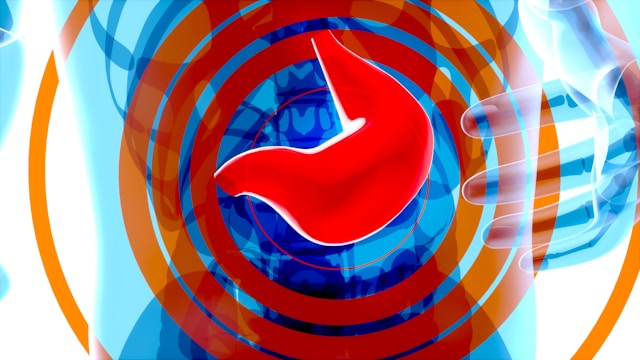Our addictive nature remains the same even though we may change the type of drug, the people we use with and/or the places that we use. As addiction progresses, so do the circumstances that affect us. While drug addiction remains constant, changing variables may be personal, social and spiritual.
The Power of Addiction
Alcohol and drug use changes our brain and physiological chemistry. It tickles our senses giving us a feeling of euphoria, well-being and contentment. Unfortunately, as addicts, we know that this is a short-lived experience. So we want to find ways to stay inebriated because it feels better than the alternative. Drug addiction is one thing that satisfies our instant gratification every time. We know exactly what to expect, how much to use and how much we need to get our fix, reaching maximum results from substance abuse. We develop a relationship with alcohol and/or drugs that becomes our priority. Eventually, the negative impact of drugs and/or alcohol affects all other areas of our lives. Addiction is a controlling life partner, dictating your personal, social and spiritual life. Learn how to break free from the bondage of addiction in rehab today.
Variables Disturbed by Addiction
As we embark on our love affair with substance abuse, we allow the addictive thought process to second guess our healthy choices. We shift our perspectives to complement continued substance abuse and to downplay the concerns of others. Personal, social and spiritual variables are all impacted by substance abuse. These three categories can be broken down further into subcategories: spirituality, priorities, performance, attitude and behavior.
- Spirituality – The deeper we go into our addiction patterns, the further we get from our spiritual program. If we are in touch with our spiritual lives, it is extremely difficult to knowingly start destructive behaviors. But addiction’s power allows us to walk away from our spiritual selves.
- Priorities – Our values and morals determine our priorities. But addiction tells us to go against our values and morals to stay alive. We soon believe that we are not hurting anyone with our substance abuse; that our loved ones are just too demanding.
- Performance – Addiction disrupts our employment and our educational goals. At first we may be able to manage our substance abuse with both work and school, but eventually we decompensate and have to choose. For addicts, addiction will win as the priority every time it is paired up against something, no matter how important.
- Attitude – Attitude changes like the wind in addiction. Angry, irritable, moody, impatient, excitable, easy-going and emotionally detached are just a few ways to describe our range of moods. These changes are usually based on whether or not we have drugs. Just another way addiction holds power over us.
- Behavior – Lying, cheating, stealing, being secretive and avoiding are all ways that our behavior changes when we are abusing substances. Although we protect our addiction, it does not return the loyalty. Our lives become filled with turmoil and isolation as a result of our abusive behaviors.
Rendering Addiction Powerless
The only way to eliminate addiction is to recognize that you are powerless over it. We cannot exercise control over addiction in the same way it controls us. Our attempts to control it are fruitless. We need to seek treatment with professionals who are experienced with helping addicts eliminate alcohol and drug use. Addiction professionals can help us restructure our personal, social and spiritual components to be more in tune with sobriety.




